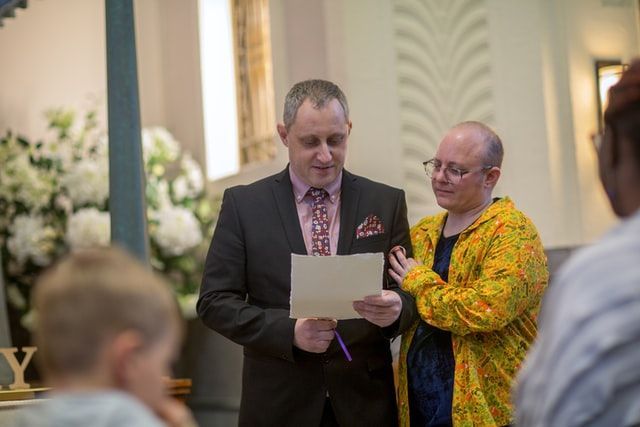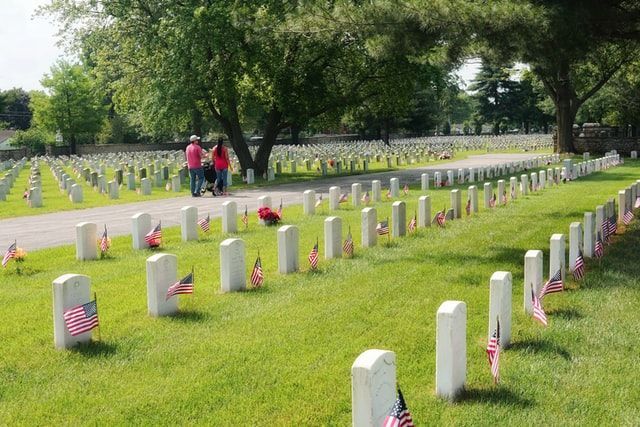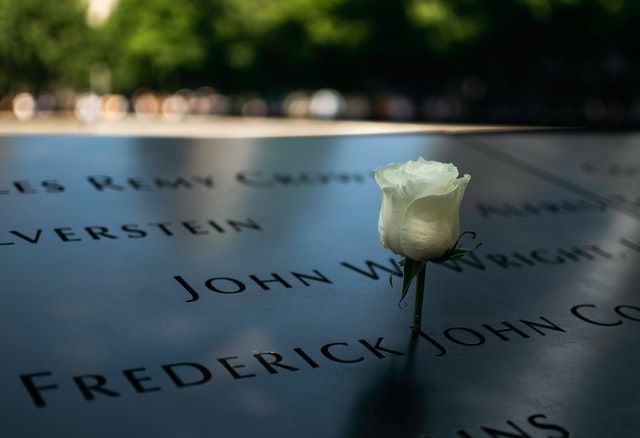7 Things Funeral Directors Do
Whether you are interested in the role or just curious about the funeral industry, here are seven things to help you understand what a funeral director does.

Being a director at funeral homes in Hebbronville, TX, is not just a job. It is a vocation that serves the bereaved and cares for the dead. A funeral director balances sensitivity with practicality to make things easier for everyone involved.
Funeral directors coordinate details with other professionals, such as clergy, casket designers, and cemetery representatives. They handle many tasks to make such a difficult time for families as positive as can be.
Below, we explain seven things funeral directors do that you may want to know about.
- Handling the deceased’s body
Funeral directors help make arrangements for handling the body appropriately after death. They oversee cleaning, preserving, and preparing the deceased for service. This can sometimes include embalming, depending on the family’s wishes.
A funeral director may also travel to different locations if they are coordinating services for people who passed away in another town or state.
2. Creating personalized funeral or memorial services
The funeral ceremony is a time for family and friends to come together and share their grief. Funeral directors help families during this period by guiding them through the process of memorial services.
During this time, the funeral director will work with the family to create a personalized service that honors the deceased’s life, interests, hobbies, and personality.
3. Counseling
Funeral directors are sensitive to family needs. They may act as counselors for grieving families and assist them with decisions about funeral services, caskets, cremation details, and other arrangements that need to be made.
Many funeral directors assist families by answering questions about options that meet their needs within their budget requirements.
4. Final disposition
Many people don’t know that funeral directors can help arrange for cremation services as well as traditional burial services. Many funeral homes have their own crematory on-site. In cases when they don’t, a funeral director will coordinate details with crematorium representatives as with clergy, cemetery staff, and other professionals.
5. Details and logistics
Funeral directors help families plan their services by providing information about different types available and the costs associated with each. They offer or find a suitable facility for their services and make relevant arrangements. The funeral director may also coordinate transportation of the body, the family, and guests attending the ceremony from the funeral home to the cemetery.
6. Paperwork
Paperwork is an integral part of the job. Funeral directors help families complete the necessary legal documents, including the death certificate, burial permit, and will. They may also help families obtain benefits from social security or veterans’ services.
7. Additional helpful resources
Once the funeral service is complete, a funeral director may provide additional services to help families cope with their loss. These may include grief support, a memorial booklet, or a keepsake box.
Funeral directors help families plan, organize, and facilitate funerals while considering each family’s sensitivities and traditions. They may also provide additional services to help families cope with their loss.
Our Hebbronville, TX funeral home directors are particularly known for their care. Call us today or visit us if you need immediate assistance or want to plan for the future.











